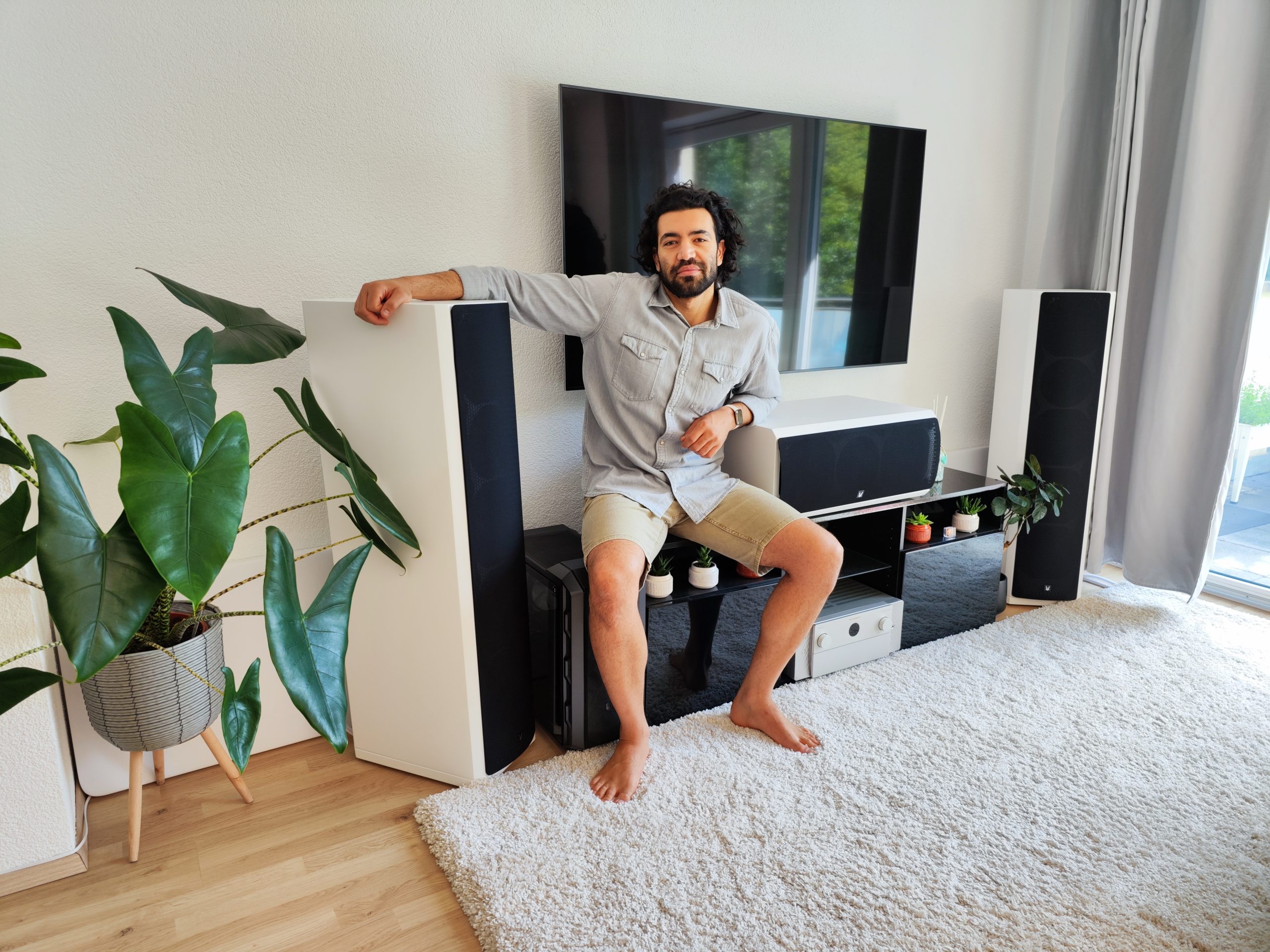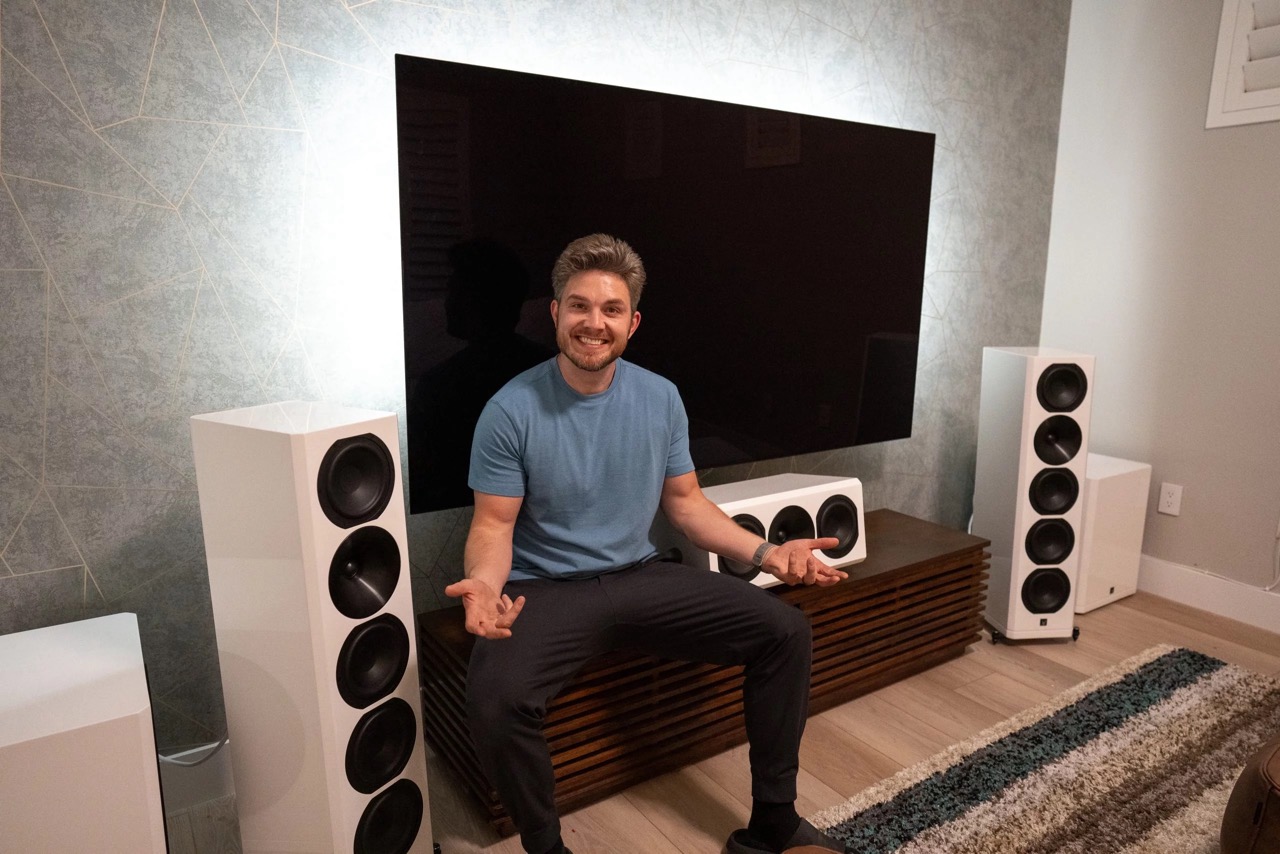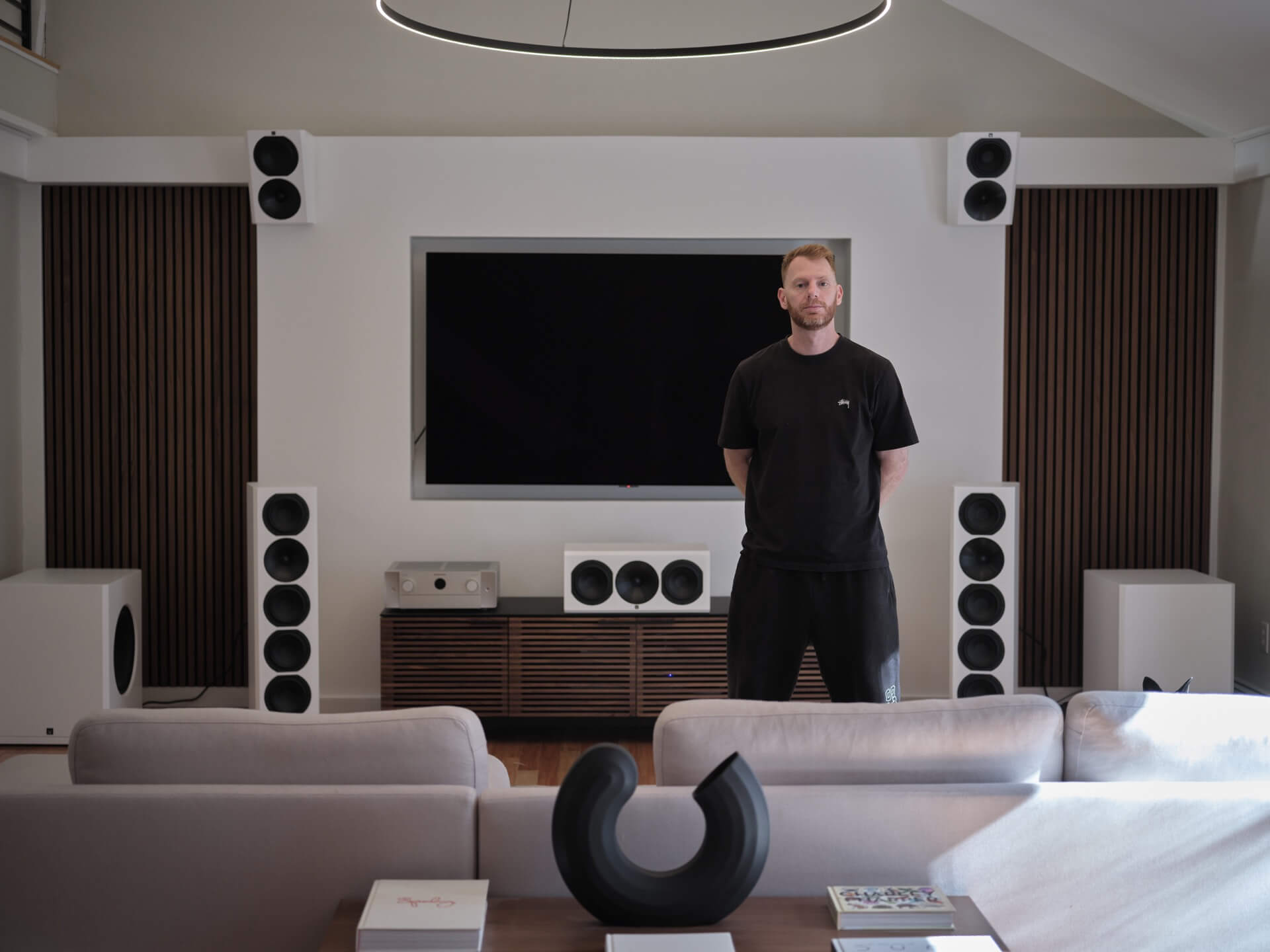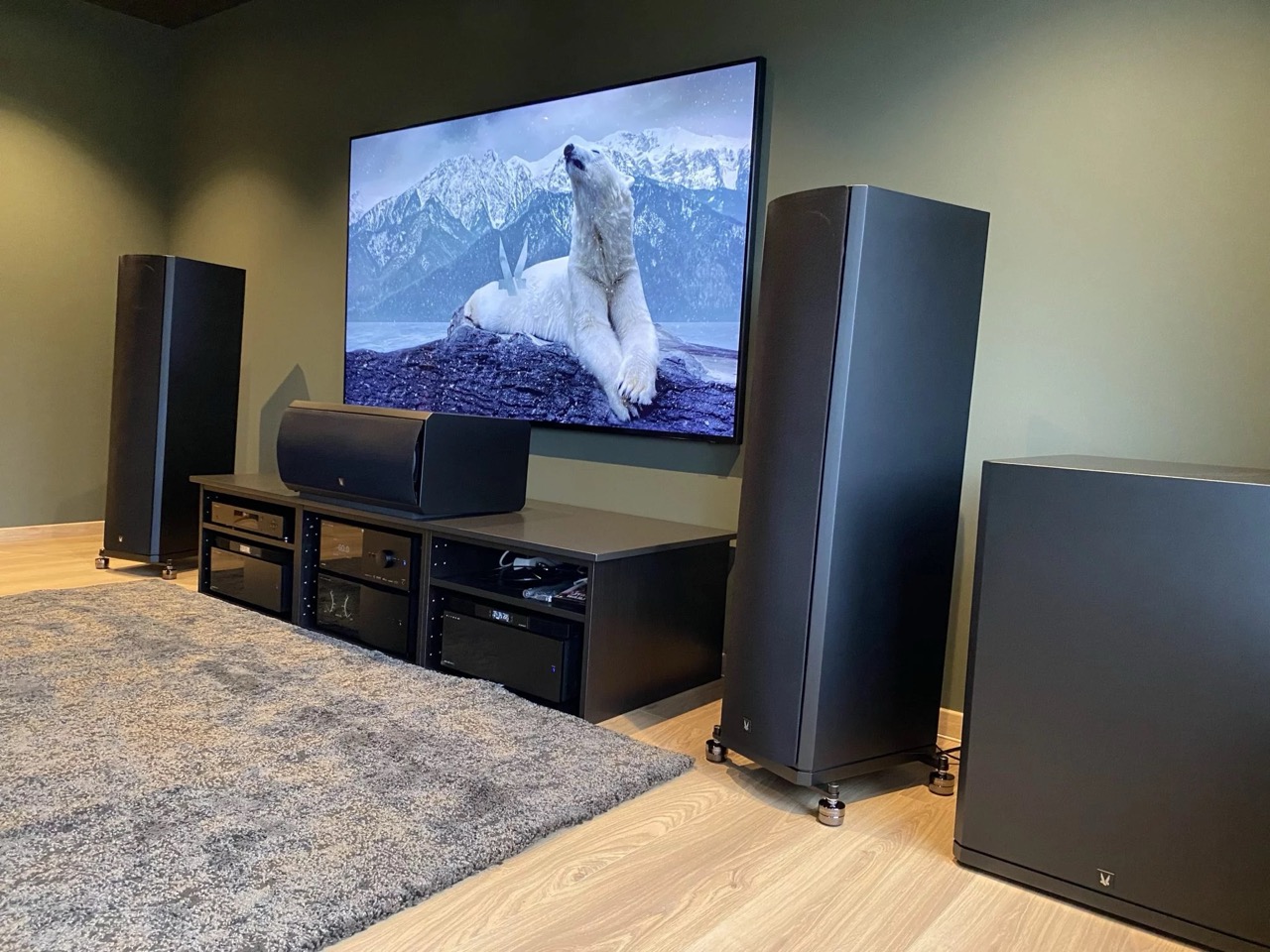Preventing Ventilation Noise in Home Cinema Rooms
Article summary - TL;DR
- Ventilation noise can significantly disrupt your home cinema experience—silence is crucial for immersion.
- A quiet ventilation system not only enhances enjoyment but can also prevent listener fatigue during long viewing sessions.
- Implementing low-noise HVAC units and insulated ducting can vastly improve sound quality in your cinema.
- Consider using our 1723 Towers for an unmatched audio experience; they’ll make every whisper and explosion resonate!
- Strategize installation and layout to minimize noise from ventilation without compromising on air flow.
Introduction to Ventilation Noise
When setting up a home cinema, one factor that is often overlooked but is critical to the overall experience is the influence of ventilation noise. Sound plays an integral role in immersing you into the story unfolding on your screen, and unwanted noise can disrupt this experience quite significantly. Understanding how ventilation systems can contribute to noise pollution in your home cinema is the first step towards creating an ideal viewing environment.
Ventilation noise typically stems from the movement of air through ducts and vents, often coupled with the operation of HVAC units. The design and installation of these components can determine the amount of noise they produce. In a home cinema, silence is golden – soft whispers, the slightest rustle, or subtle musical scores can be as crucial as booming explosions. Therefore, managing and eliminating ventilation noise should be a top priority.
It’s not just about comfort; ventilation noise can also affect sound quality. It can interfere with acoustic treatments and calibration of your sound system, leading to a less than optimal audio experience. As we proceed further into exploring ways to prevent ventilation noise, keep in mind the profound effects it can have on your home cinema enjoyment.
The Significance of Quiet Ventilation Systems
One may underestimate the importance of a quiet ventilation system. However, the constant hum or buzzing of an HVAC system can pick at your concentration and enjoyment, much like a dripping tap in a silent room. The goal for any home cinema enthusiast is to create an environment where the visual and audio aspects are unsullied by external factors – and this includes mechanical noise from ventilation systems.
The significance of having a quiet ventilation system extends beyond the immediate distraction it may cause. The human ear is highly sensitive to fluctuations in sound, and a consistent noise floor established by a ventilation system can have a fatiguing effect on the listener over time. This can turn a long-awaited movie marathon into an uncomfortable and tiring experience.
Imagine missing out on the crucial, whispered dialogue that reveals a plot twist because of the noise from an air vent. Or consider the atmospheric tension in a horror film being undermined by the whir of an overworked air conditioner. These scenarios highlight why controlling ventilation noise is a critical aspect of home cinema design.
Strategies for Reducing Ventilation Noise
The battle against ventilation noise must be strategic and consider multiple factors including the type of HVAC system, the layout of ventilation ducting, and the soundproofing of the cinema room. Essentially, there are preventative and curative strategies that can be employed to reduce the impact of ventilation noise in your home cinema.
Preventative measures involve careful selection and installation of equipment that is inherently quieter. For example, investing in a high-quality, low-noise HVAC unit or using insulated ducting can make a significant difference right from the start. The placement of vents and ducts should also be considered so that they do not align directly with the main seating area where noise would be most apparent to viewers.
Curative strategies address existing noise issues. This could involve adding mass to ducts or installing flexible ducting to dampen vibrations, employing acoustic liners within ducts, or even using specialized duct silencers. In some cases, rearranging the layout of the HVAC system or repurposing rooms to move the home cinema away from noisy equipment might be necessary.
Frequently asked questions
What is ventilation noise and why is it important in home cinema?
Ventilation noise comes from the movement of air through ducts and HVAC units. It's crucial in home cinema because unwanted noise can disrupt the immersive audio experience, impacting your overall enjoyment.
How does ventilation noise affect sound quality?
Ventilation noise can interfere with acoustic treatments and the calibration of your sound system, leading to a less optimal audio experience, which may make subtle sounds and dialogue hard to hear.
What are the effects of a noisy ventilation system on movie watching?
A noisy ventilation system can distract you from the film, making it hard to concentrate on dialogue or sound cues, potentially ruining the impact of key moments in the movie.
What strategies can I use to reduce ventilation noise in my home cinema?
You can use preventative measures like selecting low-noise HVAC units and insulated ducting. Curative strategies include adding mass to ducts, using flexible ducting, or installing acoustic liners and specialized duct silencers.
How can the layout of ventilation ducts impact noise levels?
The placement of ducts and vents is important; they should not align directly with the main seating area to minimize the noise you hear while enjoying your films.
What is the significance of having a quiet ventilation system?
A quiet ventilation system enhances the home cinema experience by reducing distractions and preventing listener fatigue, allowing for a more immersive viewing environment.
What are some common sources of ventilation noise in a home cinema?
Common sources include the operation of HVAC units and the airflow through ducts and vents, which can create unwanted humming or buzzing sounds during movie viewing.
Can rearranging my home cinema help reduce ventilation noise?
Yes, relocating your home cinema away from noisy equipment or rearranging the HVAC system can significantly lower the impact of ventilation noise on your viewing experience.
Why does the human ear react sensitively to ventilation noise?
The human ear is sensitive to sound fluctuations, and a constant noise floor from ventilation can be fatiguing, negatively affecting your concentration and enjoyment over time.








